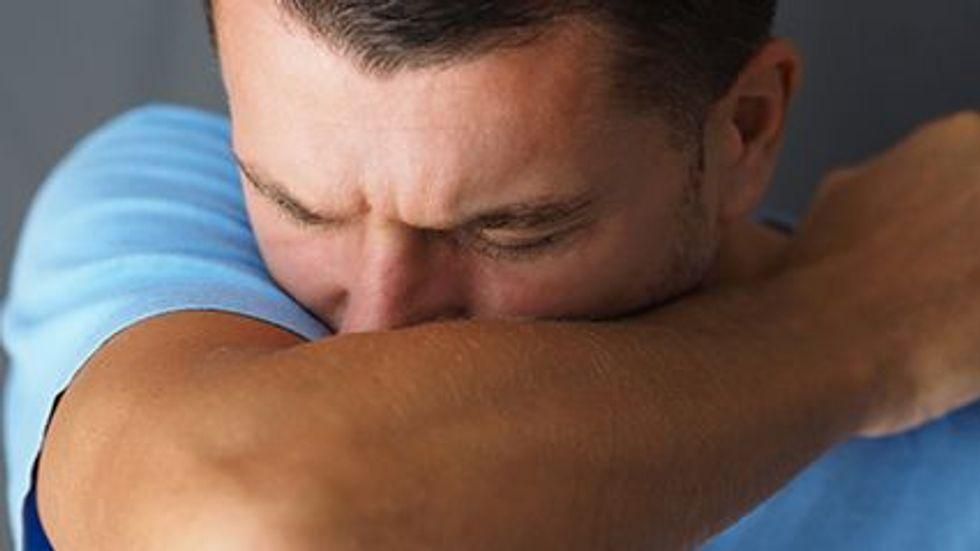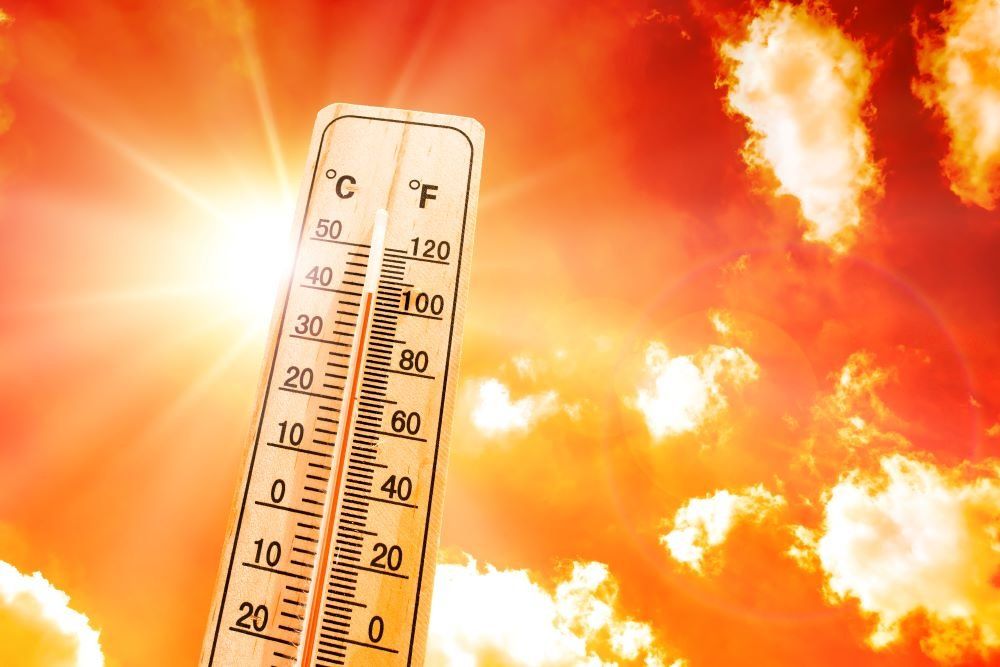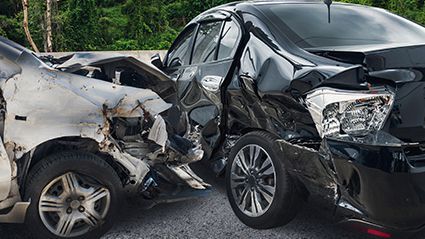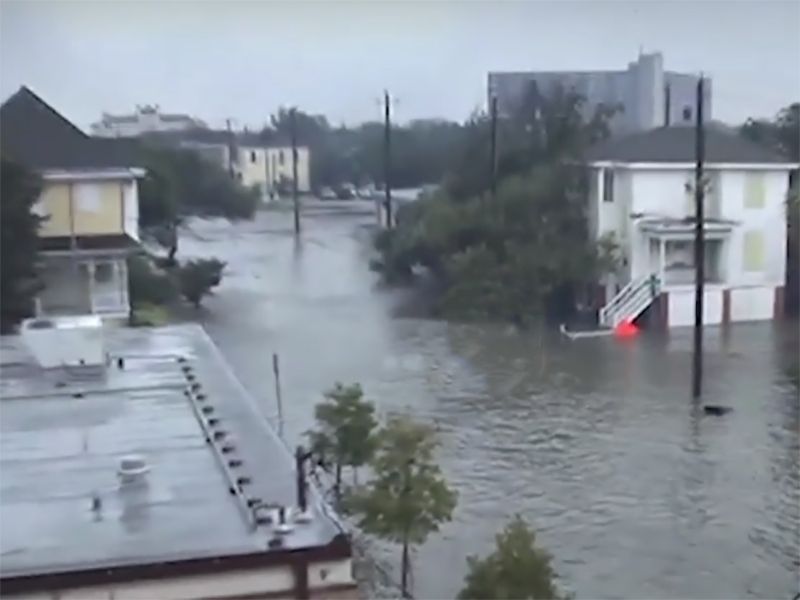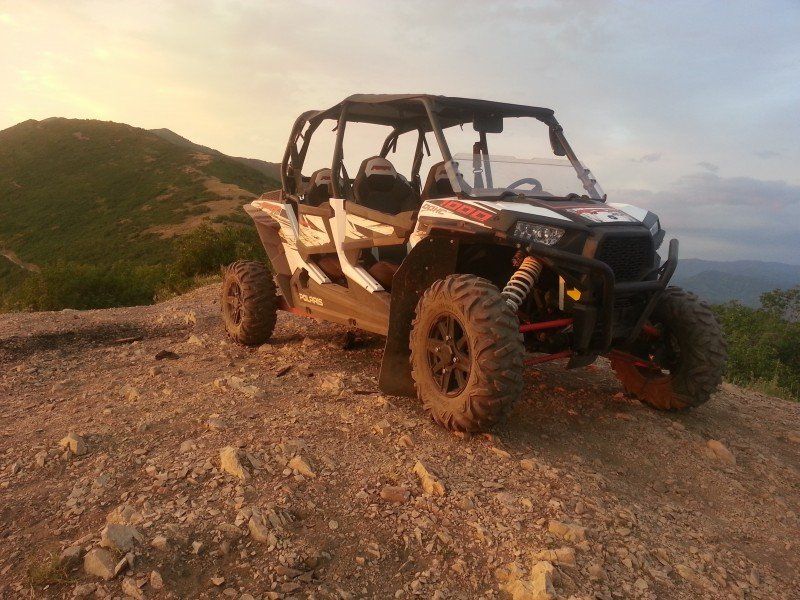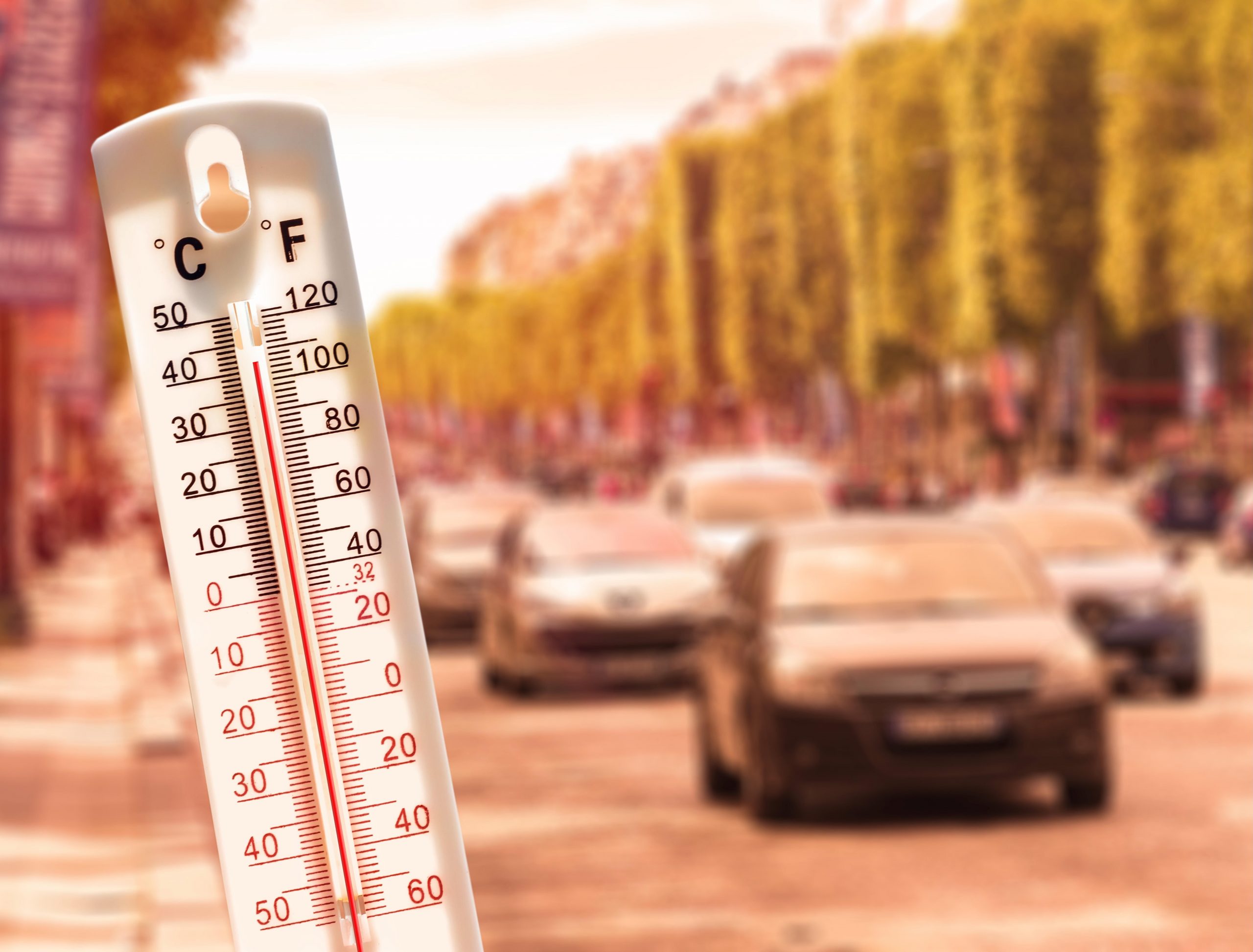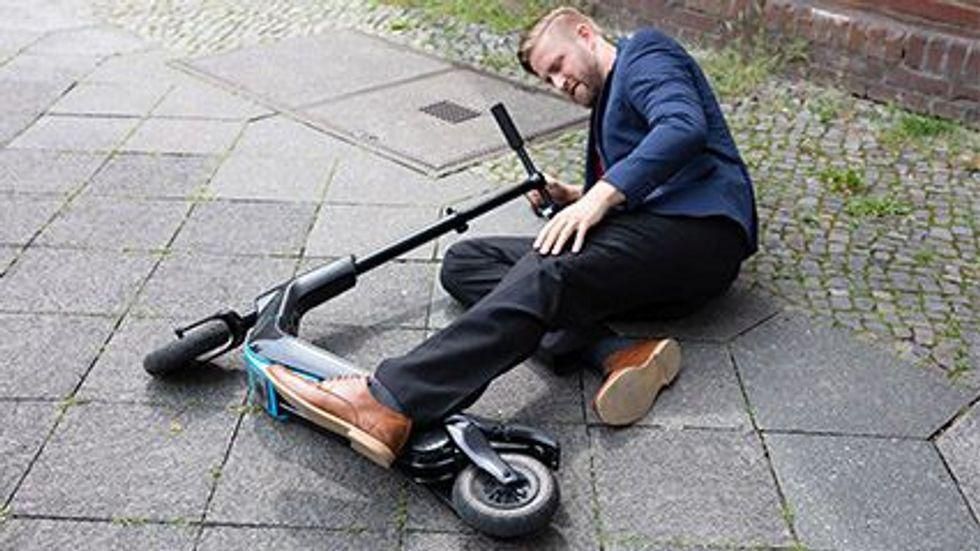
E-bikes, e-scooters and hoverboards are everywhere — and injuries related to their use are soaring. The U.S. Consumer Product Safety Commission (CPSC) issued a new report on Tuesday showing that injuries associated with these so-called micro-mobility devices increased nearly 21% in 2022 alone, compared to 2021. Injury estimates were based on data collected between 2017… read on > read on >











